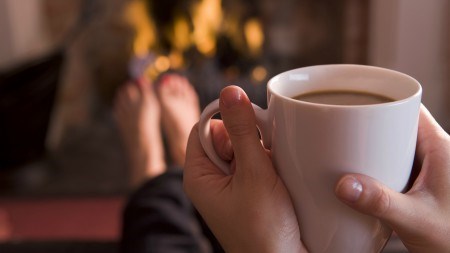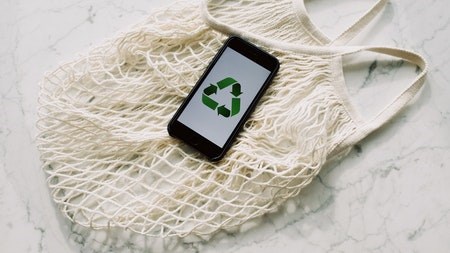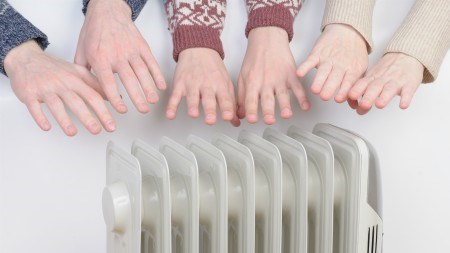South African winters can be cold, wet and miserable for most parts of the country. But, before you switch on your heaters and light your fires, take a moment to contemplate the possible impact these actions could have on the environment. On average, heating an American home using electricity produces about 2,100 kg of CO2 emissions (a contributor towards global warming).
What’s more, research of the savannas of Southern Africa revealed that the highest rates of deforestation occur around densely populated areas, mostly owing to city dwellers' cooking and heating needs: charcoal and raw wood provide almost 80% of the region's energy. If us ‘city dwellers’ aren’t careful, we could literally burn through our forests faster than we can grow them.
“As cold as it might get this Winter, it is our ethical duty to use our resources in an environmentally responsible manner by ensuring that our homes are well-insulated against the cold so that we limit our reliance on fossil fuel heating solutions,” encourages Adrian Goslett, Regional Director and CEO of RE/MAX of Southern Africa.
While many of the eco-friendly heating alternatives, such as solar energy and geothermal systems, require a rather substantial initial capital outlay to install, Goslett reminds homeowners not only of the money these systems stand to save them on electricity costs, but also the return on investment they stand to gain when they decide to sell. “Eco-friendly features are definite selling features of any home. Especially as the more environmentally conscious Gen-Z and Millennial generations become increasingly active within the property market, we are sure to see demand for these kinds of features rise,” says Goslett.
See more: Minimise your carbon footprint at home
However, if you don’t have the money to invest in eco-friendly heating solutions right now, there are other ways to be environmentally responsible when heating your home this winter:
- Rather than trying to heat your whole property, choose to heat one of the smaller rooms in your home and spend your time in this space.
- Keep all doors and windows closed and switch on the heater for just long enough to take the chill out of the air. Hang thick curtains over the windows to help keep the heat indoors.
- Ensure that your home is well insulated by re-grouting your window and door frames.
- Arrange for a roof inspection to check for cracks or leaks that could be letting cold air into your home.
“If all else fails, the simple solution of a hot water bottle and a thick blanket also does the trick. The important thing is that each homeowner does what they can to limit their use of fossil fuel heating solutions to safeguard our natural resources and keep our planet running as it should,” Goslett concludes.





